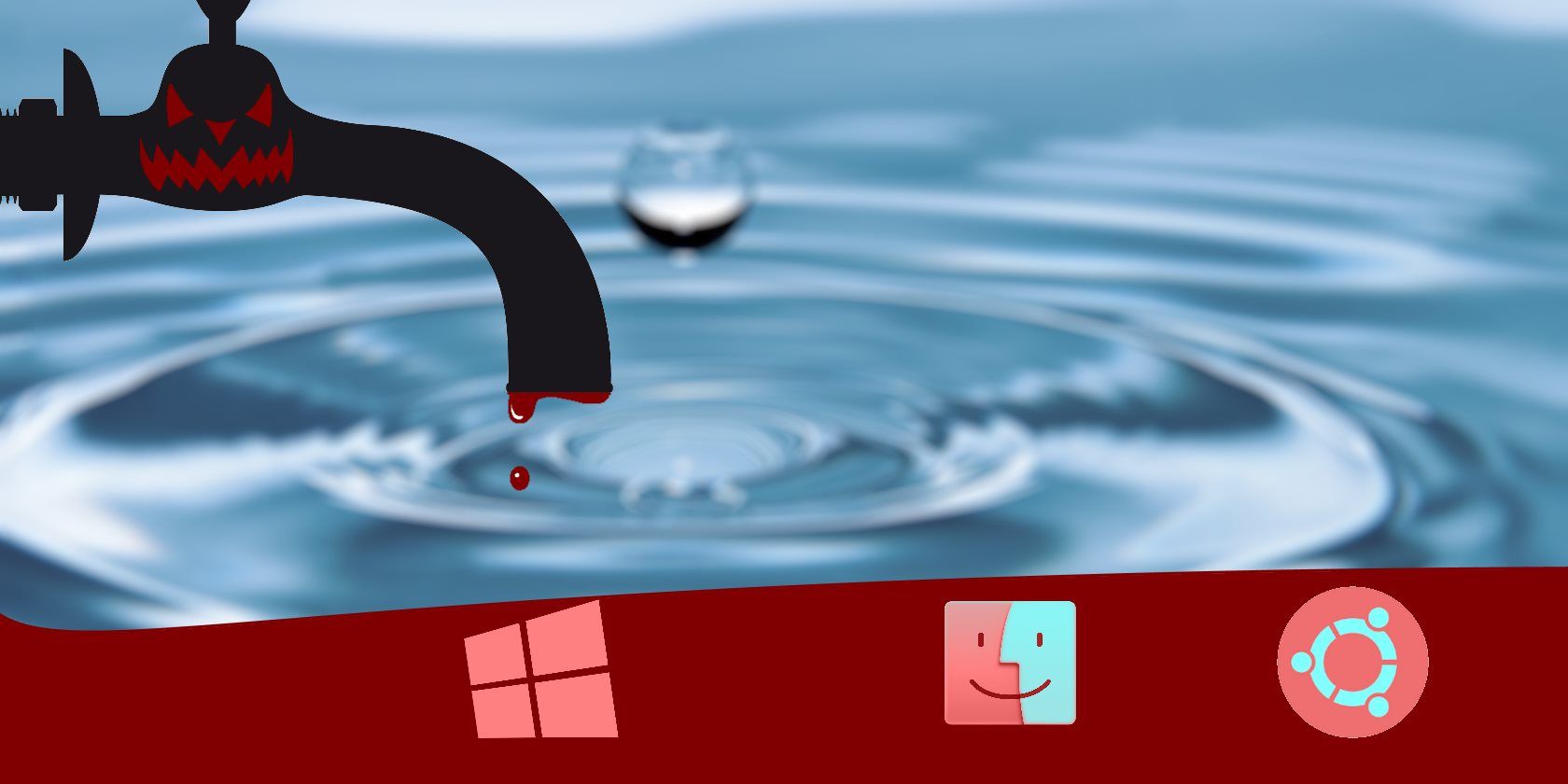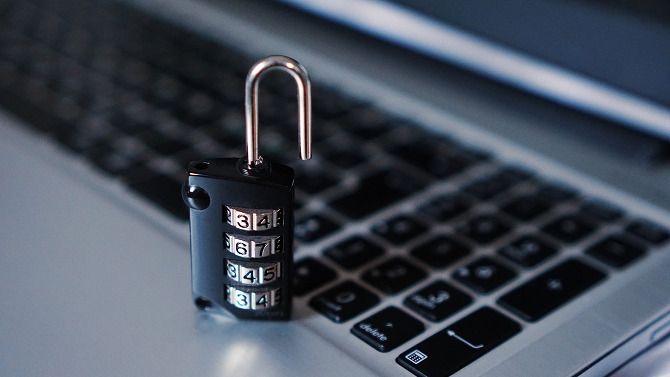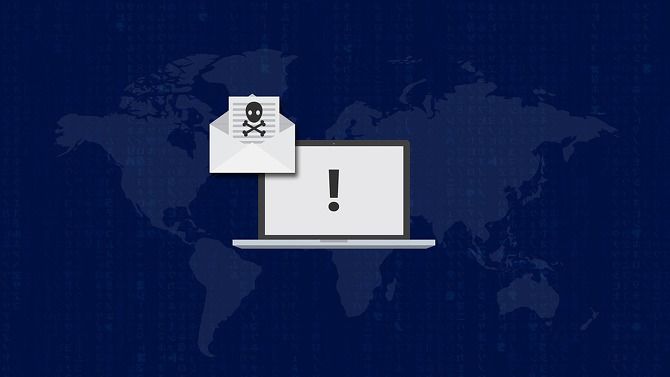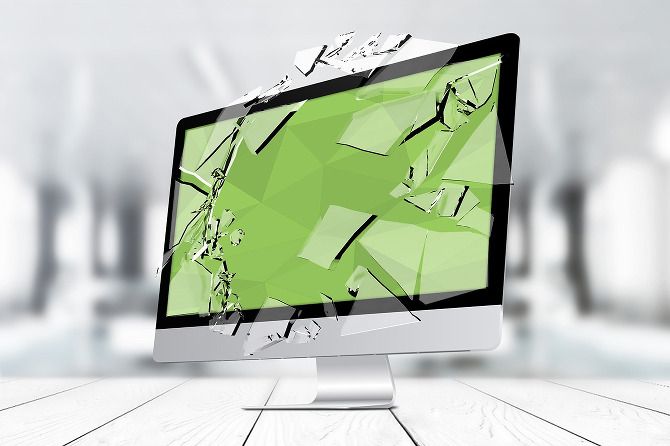Every once in a while, you may hear about a new version of an operating system being leaked and available to try now. We've even highlighted a few of those in the past ourselves. But is it safe to download, install, and run a leaked OS?
Maybe, but you're taking a chance if you do.
There's just too much uncertainty around leaked OSes: Will it work? Has it been tampered with? Why would someone leak this? There are a handful of ways it could go wrong and bite you in the end.
The next time you see news of a leaked OS -- even if it's a well-known one like Windows or Mac -- keep the following risks in mind. It may not be worth it.
1. Compromised OS
When somebody leaks an OS, you have to ask yourself why they did it. We may never find out the exact reason, but it's good to think about ulterior motives.
A public relations team leaked it. A surprising number of leaks are actually planned. Stories involving leaks are instantly more dramatic, which works to build buzz and attention around a release that would've otherwise gone unnoticed. These leaks are as safe as they get.
A rogue employee leaked it. Somebody who has access grabs the upcoming release and either gives it to someone else (e.g. a cutthroat manager who sells it to a competitor) or releases it on their own (e.g. a disgruntled developer who wants to harm the company before his exit). These leaks are usually safe.
A hacker leaked it. Some tech-savvy genius -- maybe Chinese, maybe Russian, maybe American -- manages to break through a company's security, grab the OS's source, modify it, then releases it into the wild.
This is the one you need to worry about.
Could a hacker leak an OS with altruistic intentions, doing it simply to give people a chance to try it out? Sure. Is it likely? No. There's a lot of risk involved for the hacker: if he gets caught, the penalties will be severe.
So if someone is going to break in and steal a corporation's software -- not to mention something as big and valuable as an entire OS -- then you can bet he's doing it for some gain. And what could he gain? Off the top of my head:
- Spy on your activity and sell data to third parties
- Turn your PC into a botnet zombie
- Make your PC vulnerable with an open backdoor
Are you rolling your eyes? Don't! These things do happen -- such as in 2016 when hackers tricked users into installing a compromised version of Linux Mint, which gave full computer access to IP addresses in Bulgaria. If Windows or Mac ever leaked, a similar threat could be entirely possible.
2. Malware Infections
There is always a risk when downloading any software from a site you don't recognize, and when an operating system is leaked, you can be sure that 99 percent of the time, it will be hosted on a site you've never heard of -- and download sites can be home to malware.
To be clear, the download itself might be legitimate but the site so packed with malware-laden ads and fake download buttons that you end up catching a virus simply in your attempt to grab the leaked OS.
Imposter downloads are a risk too. Say there's a leak of a brand new, unreleased version of macOS. It wouldn't be too difficult for a clever swindler to put up an alternate download site ("mirror") that looks legitimate but serves an alternated version of the ISO, EXE, DMG, or what have you.
As soon as you try installing the fake leaked OS -- infected.
Torrents are no less risky. In fact, if the original leak was uploaded as a torrent, then impersonation becomes even easier. Most casual users don't know how to distinguish between real and fake torrents, and so succumb to trickery.
It happens all the time with movie files. Why would an OS be any different?
Watch out for shady emails. Back in 2006, there was a worm called W32/Bagle.AT that masqueraded as all kinds of fake software (e.g. cracks, updates, leaks) and propagated across networks through email attachments. One of its fake names? "Windows Longhorn Beta Leak.exe"! Yikes.
You can mitigate this particular risk with a strong antivirus setup (see security suites for Windows, Mac, and Linux), but even then, if your antivirus software isn't up-to-date by the time you download, it may not catch all viruses.
3. Bricked Device
This last risk isn't tied to any malicious intent, but can just as easily result in harm and frustration like the above two risks.
More likely than not, a leaked OS just isn't ready to be used.
Think about it this way: even after months of testing and preparation, an OS that's released according to schedule can come with catastrophic bugs and glitches. Imagine how much worse it would be if the OS was released before it's deemed ready for public use?
And "catastrophic" isn't an understatement.
Worst case scenario, you might encounter a rare issue that ruins your system and renders it inoperable. A tiny glitch that affects the bootloader may result in a machine that doesn't even launch. In the case of a phone, you may not even be able to reformat and start over (the phone is now a "brick").
These were real risks for anyone who saw the Windows 10 Cloud ISO leak in early 2017 and decided to give it a try. That was an extremely early build, unready for the public, and full of bugs.
When installing a leaked OS, you're essentially taking on the role of an early adopter: in exchange for the privilege of trying out something brand new, you expose yourself to a number of uncertain risks.
How to Mitigate These Risks
To stay absolutely clear of these risks, the best thing you can do is avoid leaked OSes altogether. Don't download them and don't install them.
But if you really want to play around and try it out, use a virtual machine.
By running the leaked OS in a VM without internet connectivity, you can isolate the chance of a bug turning your machine into a brick, and you can minimize the risk of a compromised core. But you'll still need to be careful when downloading the OS, as you could still catch malware that way.
Have you ever tried running a leaked OS? How did it go? Got any other tips for reducing risks? Let us know in the comments below!
Image Credit: EugenP/Depositphotos




